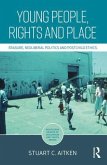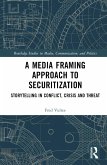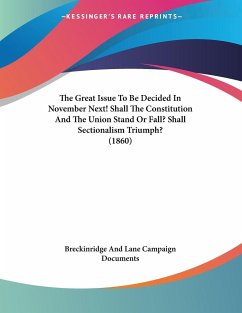Linguists have become increasingly interested in examining how class culture is socially constructed and maintained through spoken language. Julie Lindquist's examination of the linguistic ethnography of a working-class bar in Chicago contributes to the field. She examines how regular patrons argue about political issues in order to create a group identity centred around political ideology. She also shows how their political arguments are actually a rhetorical genre, one which creates a delicate balance between group solidarity and individual identity, as well as a tenuous and ambivalent sense of class identity. Using a comination of sociolinguistic and rhetorical analysis, Lindquist's work offers insights into the shape and meaning of the sociopolitical identity of the working class, and demonstrates how class can be created at the local, and purely rhetorical, level. Compelling and persuasive, her work should be of interest to scholars and students of sociolonguistics, rhetoric, anthroplogy, and cultural studies interested in the complex dynamics of contemporary culture.
Hinweis: Dieser Artikel kann nur an eine deutsche Lieferadresse ausgeliefert werden.
Hinweis: Dieser Artikel kann nur an eine deutsche Lieferadresse ausgeliefert werden.








